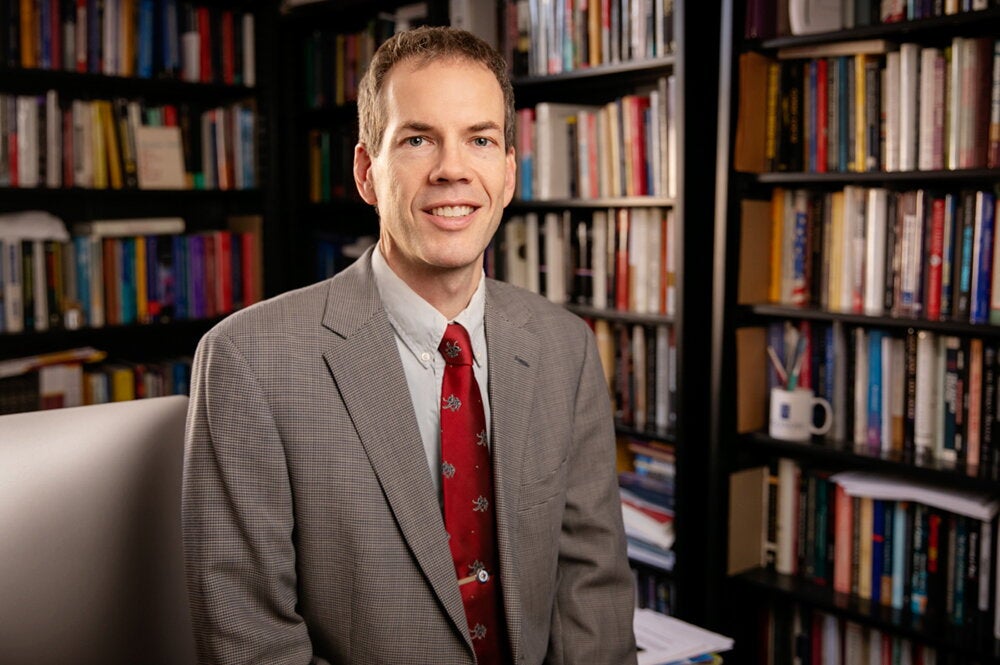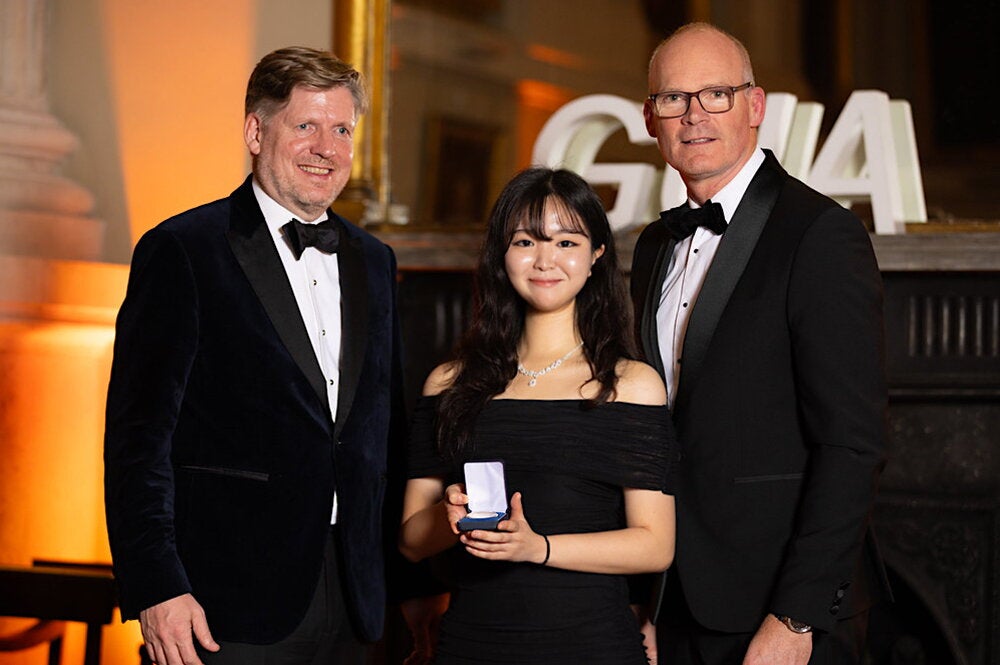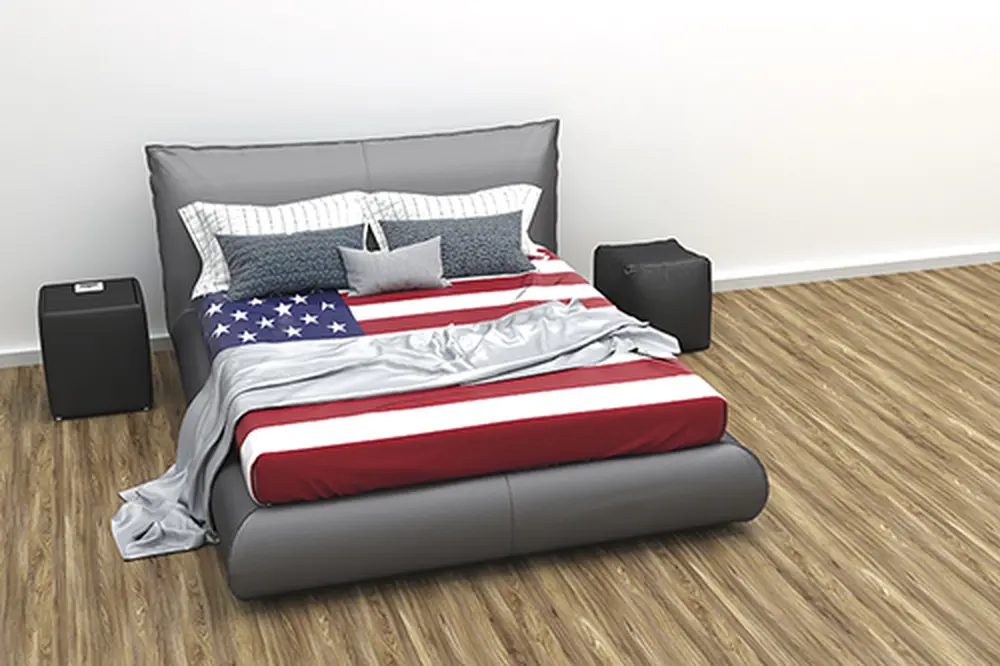
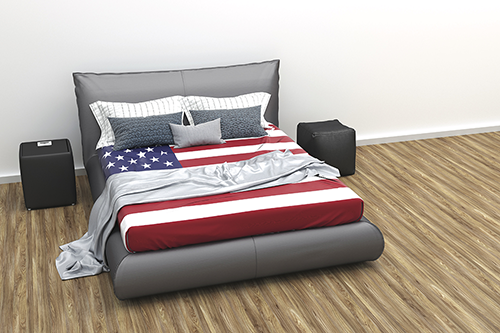
We’d all like to think we’re rational beings who arrive at our political views strictly through logic. That anyone faced with the same obvious facts would reach the same obvious conclusion. But according to Aleksander Ksiazkiewicz, professor of political science, that might not be the case.
“It turns out that political attitudes and behaviors have a heritable component,” said Ksiazkiewicz. “It doesn’t mean that they’re determined by genes, but it does means that they’re influenced by them.” How we’re influenced and to what degree is at the heart of relatively new interdisciplinary study of biology and political science that could transform the way modern campaigns are conducted.
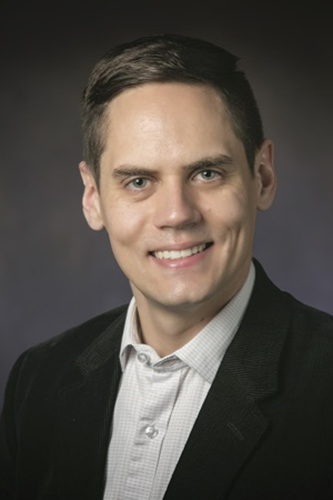
Ksiazkiewicz was just entering grad school in 2008 when the Carl R. Woese Institute for Genomic Biology at the University of Illinois hosted a conference that marked a key moment in the development of the field. For two days, experts in biology, neuroscience, and other areas explored a “new paradigm linking political science with genomic and neuroscientific research” in an event billed as the “first of its kind.”
Two years later, Jeffery Mondak, a political science professor at Illinois, published a book linking personality traits with political behavior. Extroverts, he found, were more likely to attend rallies but no more likely to put campaign stickers on their cars. Those who ranked high in conscientiousness were more likely to show up for jury duty, but—perhaps surprisingly—less likely to vote.
To foster more interdisciplinary explorations like these, the Illinois Program for Research in the Humanities (now Humanities Research Institute) created an undergraduate certificate in biohumanities, a thematic cluster of courses that give students the opportunity to understand how biology, environment, culture, and politics shape each another. As part of that certificate, Sam Frost, a professor in the departments of Political Science and Gender & Women’s Studies, teaches a course that helps students understand how dialogue between diverse fields can create a broader understanding of the socio-political and ethical challenges we face today.
Ksiazkiewicz believes there’s a lot to be gained by opening these doors between worlds. In a previous study he explored a possible genetic link between religiosity and political attitudes. Now, he’s taking his research in a new direction, exploring how our time-of-sleep preference—or chronotype—affects our political leanings.
In a series of surveys conducted mostly in the United States, Ksiazkiewicz used questionnaires to determine the sleep preference of participants and asked them to rank themselves as either liberal or conservative. “The expectation was that people who are morning types would be more politically conservative, which is what I ended up finding,” said Ksiazkiewicz. What did surprise him, however, was how little personality factors like openness and conscientiousness seemed to play a role.
“My hypothesis going in was clearly these personality traits are going to account for any relationship that exists with ideology— and they don’t at all,” he said.
So, if personality doesn’t explain the connection, what does? It’s possible that there’s an environmental component, said Ksiazkiewicz. For example, cities, which tend to have more liberal voters, tend to have more light pollution and a population that stays up later than those in rural areas. However, he believes the more interesting explanation could involve something called motivated social cognition theory, which is the idea that we all have predispositions that nudge us in a certain way. If people are more conscientious and like order in their life, for example, there’s a natural nudge toward a conservative orientation, which favors order—and possibly a more disciplined sleep routine.
“If you’re a morning type, you look at society and you say, ‘Yeah, this makes sense. People aren’t getting up early because, you know, they’re lazy or have bad character,’” Ksiazkiewicz said. “So they have this nudge towards the status quo, while people who are evening types may have the opposite sort of tendency to say, ‘Why do people keep making me get up earlier than I want to wake up? What is wrong with society?’”
Of course, Ksiazkiewicz concedes things could just as easily go the opposite way. If being a “morning person” is seen as being a desirable trait, people who prefer order may change their sleep schedule to conform to norms, whereas people who are more liberal may be less likely to buy into that idea.
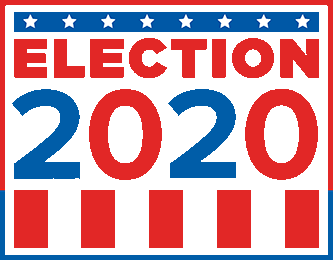 Regardless of the reason, understanding the connection between sleep preference and politics could be important for everyone from the candidates attempting to change our opinions to the pollsters who track them. If you’re a media buyer, for example, knowing when people are most persuadable could provide a valuable edge in an era when millions of dollars are spent and campaigns are won on thinnest of margins.
Regardless of the reason, understanding the connection between sleep preference and politics could be important for everyone from the candidates attempting to change our opinions to the pollsters who track them. If you’re a media buyer, for example, knowing when people are most persuadable could provide a valuable edge in an era when millions of dollars are spent and campaigns are won on thinnest of margins.
Of course, in a time when political opinions are increasingly polarized, it could also offer something that’s even harder to find than toilet paper in a pandemic—a little human understanding.
“Understanding those influences matters, at least for me, because it forces me to have some humility in thinking about political attitudes and that the reason a person is disagreeing with me may not be because they’re hardheaded or not listening to the facts, but because they experience the world in a different way—and not just because of their life experiences,” said Ksiazkiewicz. “They may physically experience the world in a different way. So, we should think about why people have the views they have. I think that’s the broad, philosophical contribution.”
Editor's note: This story first appeared in the Fall 2020 LAS News magazine. For more stories about politics and politics-related issues, visit the Politics and LAS page.
